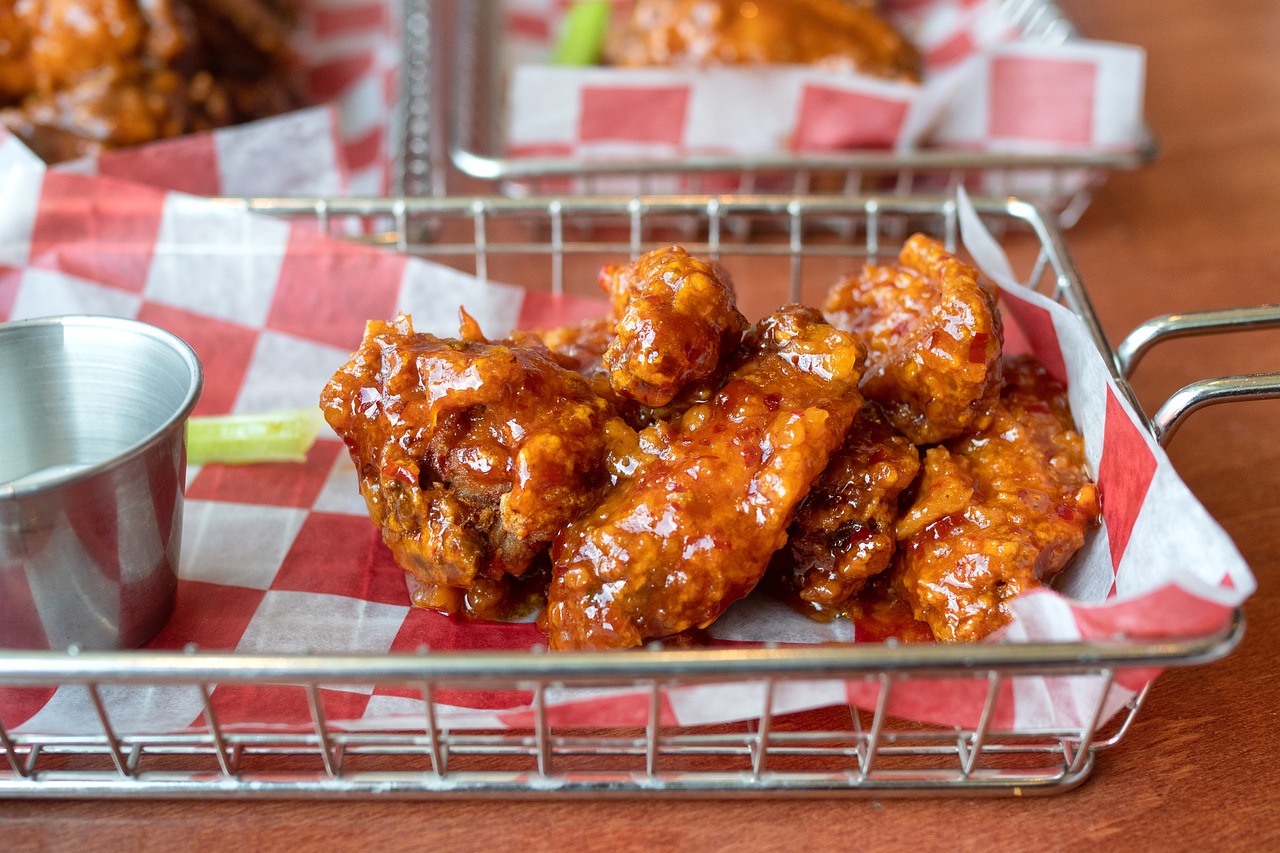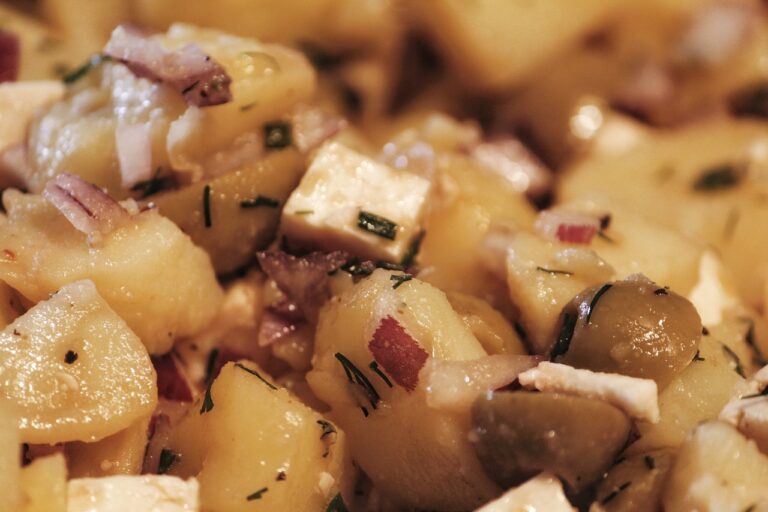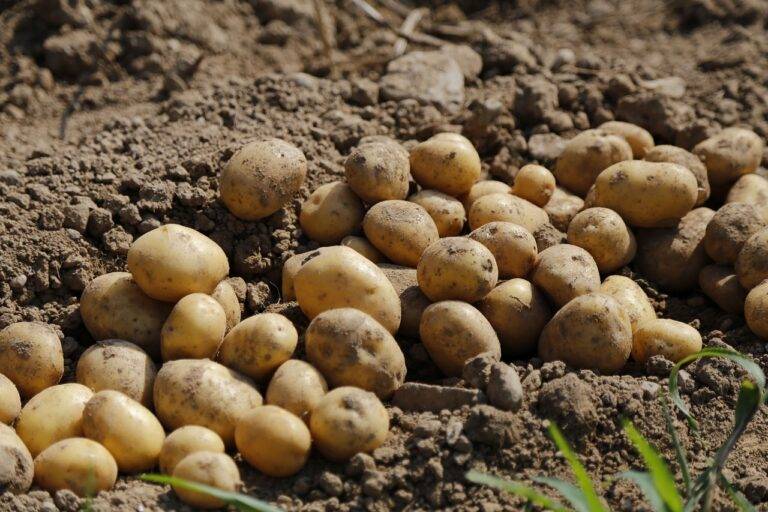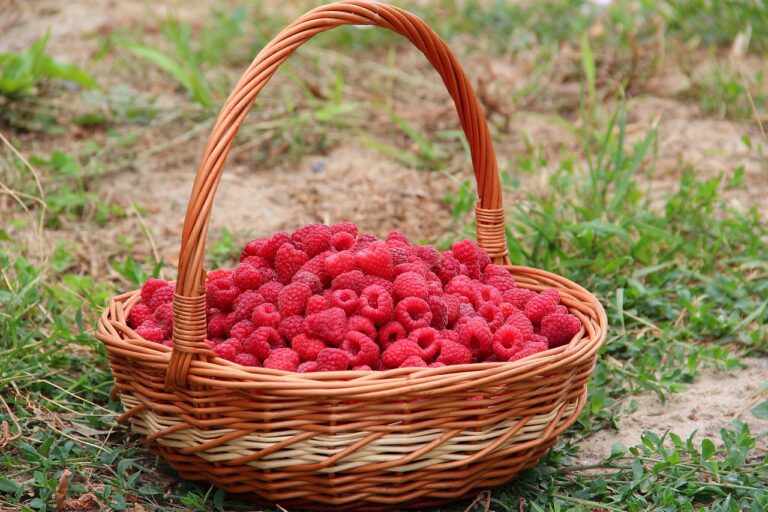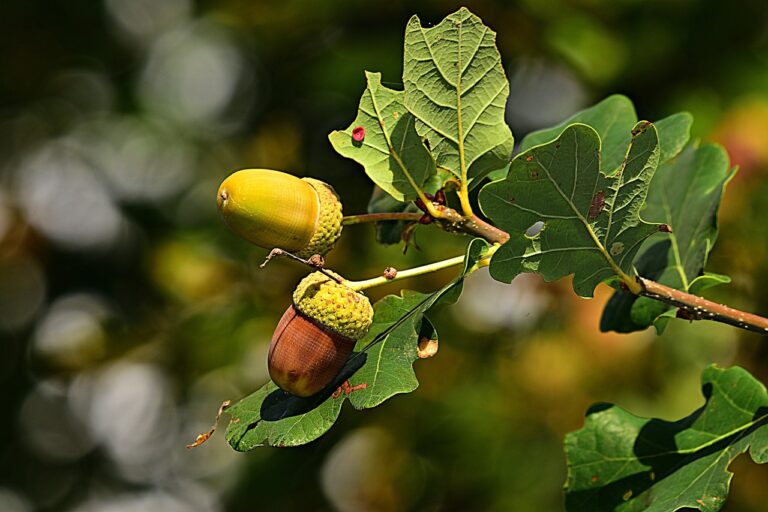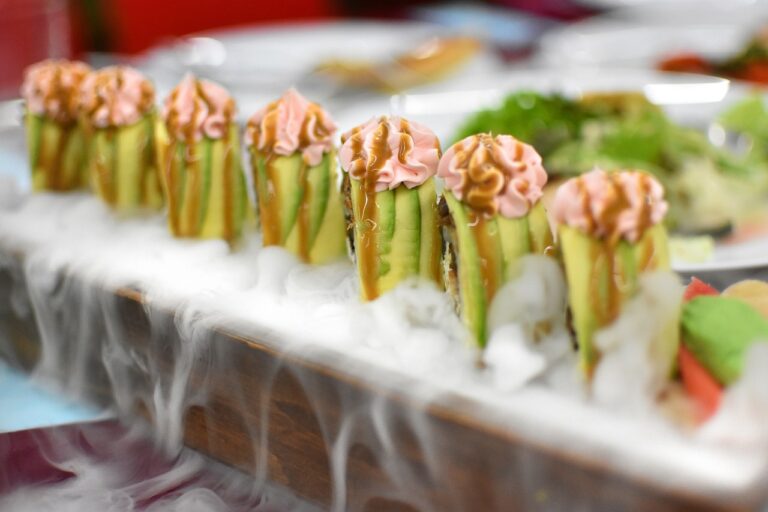The Art of Fruit-Infused Beer Production in Microbreweries: Laser 247 new id, Lotus365win, Sky247 com login password
laser 247 new id, lotus365win, sky247 com login password: Microbreweries have been gaining popularity in recent years, offering craft beer enthusiasts a wider range of unique flavors and styles to enjoy. One particular trend that has been on the rise is the production of fruit-infused beers, which adds a refreshing twist to traditional beer recipes. In this article, we will explore the art of fruit-infused beer production in microbreweries, detailing the process and sharing tips for creating the perfect brew.
The process of fruit-infused beer production starts with selecting the right fruits to complement the base beer recipe. Different fruits can impart varying flavors and aromas to the beer, so it’s essential to choose fruits that will harmonize well with the existing characteristics of the beer. Popular choices for fruit-infused beers include berries, citrus fruits, tropical fruits, and stone fruits.
Once the fruits have been chosen, they are typically washed, sliced, and added to the beer during the fermentation process. The length of time the fruits are in contact with the beer can vary depending on the desired intensity of the fruit flavor. Some brewers prefer to add the fruits directly to the fermentation vessel, while others opt for secondary fermentation or aging on fruit to extract maximum flavor.
In addition to the fruit itself, brewers may also incorporate fruit purees, juices, or extracts to enhance the fruitiness of the beer. These additives can help boost the fruit aroma and flavor without adding extra sweetness or acidity to the beer. Experimenting with different fruit combinations and techniques can result in a wide range of fruit-infused beer styles, from light and refreshing to bold and complex.
As with any brewing process, sanitation is key when producing fruit-infused beers. Fruits should be thoroughly cleaned and sanitized to prevent the introduction of any unwanted bacteria or wild yeast strains that could spoil the beer. Additionally, brewers must be mindful of the sugar content in the fruits, as excess sugars can lead to overcarbonation or fermentation issues.
Temperature control during fermentation is also critical when brewing fruit-infused beers. Some fruits, particularly those high in pectin, can create pectin haze if not properly managed. By controlling the fermentation temperature and using pectinase enzymes if necessary, brewers can avoid haze issues and produce a clear, bright beer.
When it comes to serving fruit-infused beers, the presentation can play a significant role in enhancing the overall drinking experience. Garnishing the beer with fresh fruit slices or zest can add a visual appeal and hint at the flavors within the beer. Experimenting with different glassware can also help to accentuate the aromas and flavors of the fruit-infused beer.
In conclusion, the art of fruit-infused beer production in microbreweries is a creative and rewarding process that allows brewers to push the boundaries of traditional beer styles. By carefully selecting fruits, experimenting with different techniques, and focusing on quality and sanitation, brewers can create unique and flavorful fruit-infused beers that are sure to delight beer enthusiasts.
FAQs
Q: Are fruit-infused beers sweet?
A: Fruit-infused beers can range in sweetness depending on the fruits used and the brewing process. Some fruit-infused beers may be sweet, while others may be more tart or dry.
Q: Can I make fruit-infused beer at home?
A: Yes, fruit-infused beer can be made at home using basic brewing equipment and techniques. There are many recipes and guides available online to help you get started.
Q: How long does it take to make fruit-infused beer?
A: The time required to make fruit-infused beer can vary depending on the recipe and brewing process. On average, fruit-infused beers may take 2-4 weeks to ferment and condition before they are ready to be enjoyed.

